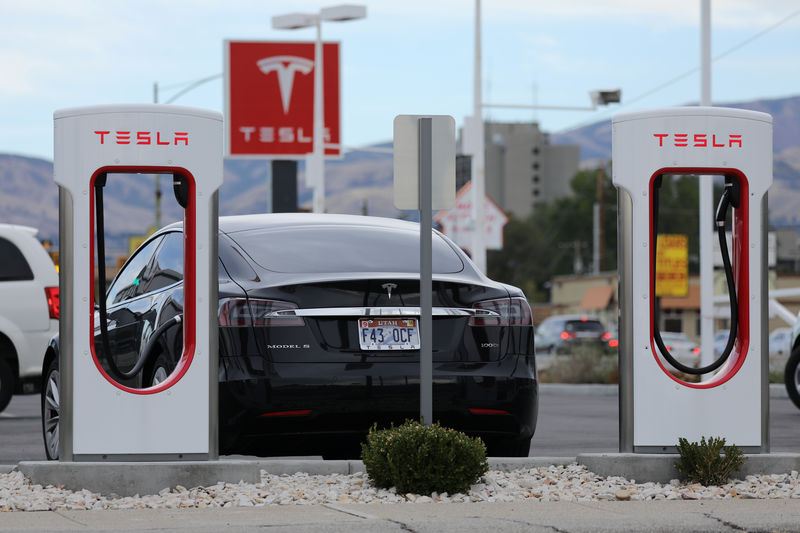Tata Motors is urging Indian authorities to maintain the current 100% import taxes on electric vehicles in order to safeguard the domestic industry and its investors.
This request comes as the government evaluates Tesla (NASDAQ:TSLA)'s intentions to enter the market.
While India aims to enhance local manufacturing and increase the adoption of electric vehicles, Tesla (TSLA) is seeking to establish a factory in India but is requesting reduced import taxes for electric cars.
India is in the process of developing a new policy aimed at reducing import taxes on electric vehicles (EVs) to potentially as low as 15% for companies committing to local manufacturing. Under this policy, Tesla could potentially establish its India-based factory to produce its envisioned $24,000 car, while importing its higher-priced models with reduced taxes.
This strategy from Tesla marks a shift from its unsuccessful approach last year when it solely urged India to lower duties.
During discussions held with Prime Minister Narendra Modi's office and other government departments, Tata actively opposed the proposal. They argue that their investors made decisions assuming that the existing tax structure favoring local companies would remain unchanged.
Modi aims for 30% of car sales in India to be electric by 2030, up from the current 2%. The charging infrastructure for EVs is also in its early stages.
"We will come out with a policy that addresses everyone's fears," said an official.
India's current import tax rate of 100% on EVs is applicable to cars priced above $40,000, affecting most Tesla models.
"If India needs to be an EV hub, we need more manufacturers ... Local industry need not fear that Tesla or anyone else will wipe them out," said the Indian official.
Shares of TSLA are up 0.75% in afternoon trading on Thursday.
